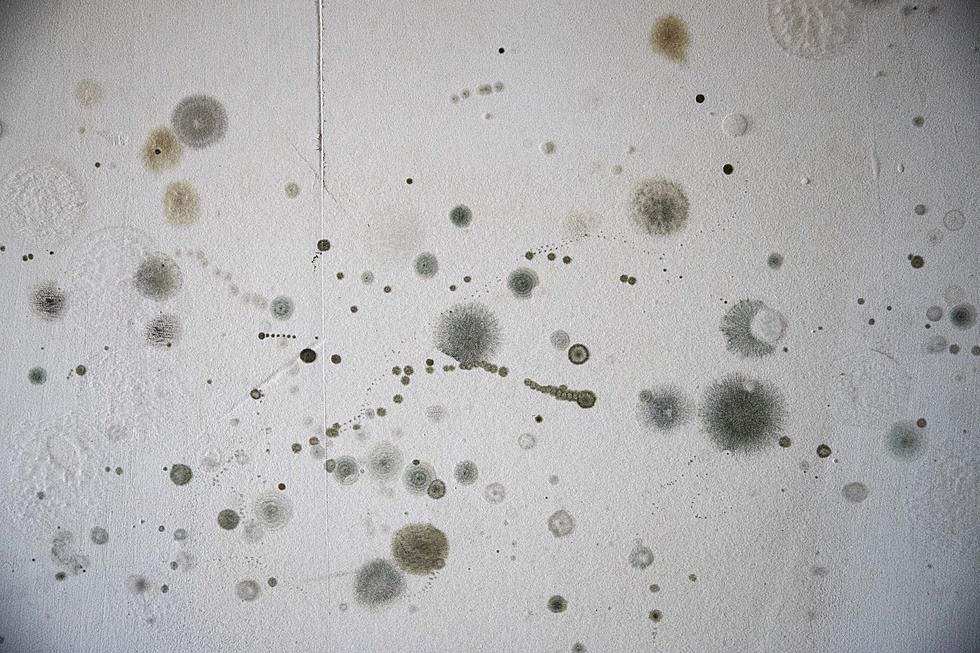
Coronavirus makes housing’s health and cost struggles worse
Although Gov. Phil Murphy has vetoed other appropriations, citing the state’s fiscal problems, state lawmakers are on the verge of approving $100 million for an emergency rental assistance program.
That would address an issue that predates the coronavirus but most certainly has gotten bigger.
Joel Cantor, director of the Rutgers Center for State Health Policy, said the quality of a person’s home has a great deal to do with health and that about 1 in 10 New Jersey adults are considered "housing unstable."
“We find that about 10% of people say that they either don’t have a steady place to live at the time of the survey or that they’re worried about losing it in the future,” Cantor said. “We also saw that housing quality problems are much more a topic among people feel that their housing situation is not stable.”
More than half of those considered housing unstable reported problems such as pests, mold and nonworking utilities. In a pandemic, that matters especially.
“The presence of some of the unhealthy housing conditions are made worse, not because the conditions are going to be worse but because people have to spend more time in them than they would in normal times,” Cantor said. “Stay-at-home orders when you have a child with asthma and there’s mold in the house can really put that child at risk.”
Cantor said housing problems are common across the country but that New Jersey in some ways is at higher risk.
“Housing affordability is a bigger problem here,” he said. “And the other thing that may make New Jersey a little bit different is that our housing stock is quite old. So things like pests and mold could be more prevalent. Certainly lead is more prevalent in older housing.”
Cantor said the poll results are from a 2019 survey so sets a baseline for how people entered the current crisis.
“And the coronavirus pandemic can only make the situation worse, probably by a long shot,” he said.
The center plans a follow-up poll to see how much that’s been made worse by the coronavirus pandemic.

More From Beach Radio










